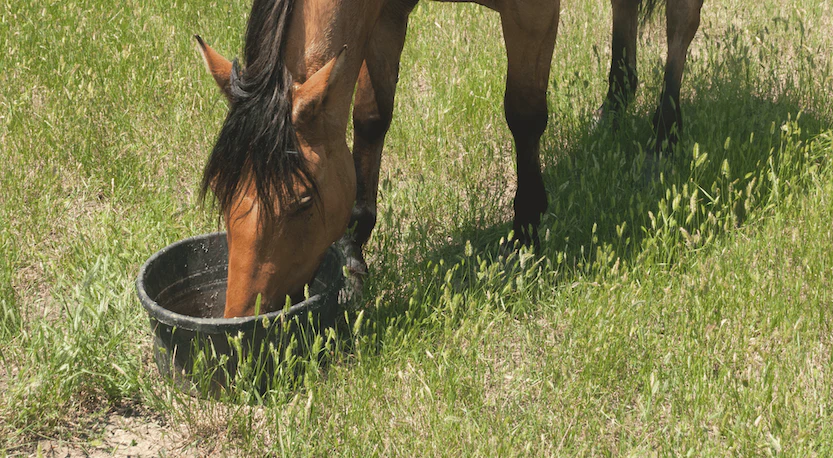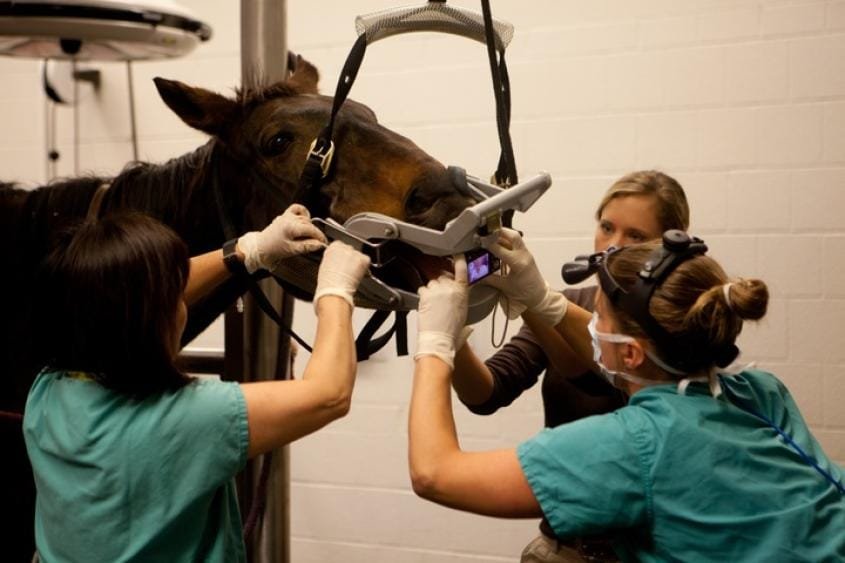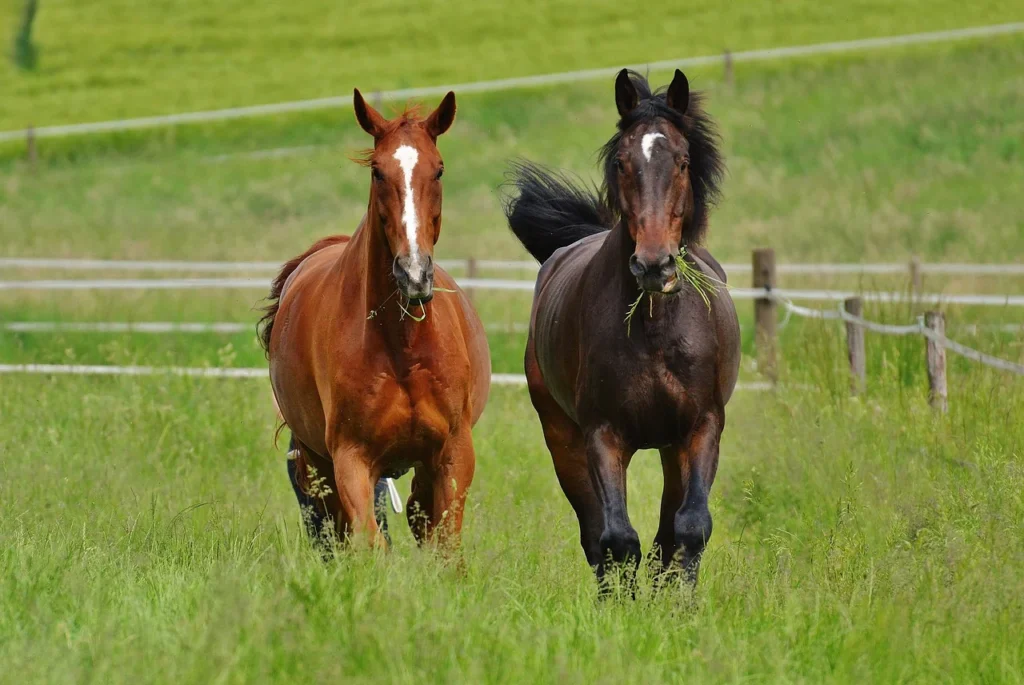Keeping a horse healthy isn’t just about treating illness or injury when it happens—it’s about preventing those problems in the first place.
That’s where preventative care comes in. With proper nutrition, regular hoof maintenance, and consistent dental care, horses are more likely to live longer, feel better, and perform at their best.
Let’s take a closer look at three key areas of preventative care: nutrition, hoof care, and dental health, and why they’re essential to your horse’s overall well-being.
1. Nutrition: Feeding for Health, Not Just Fullness

A horse’s diet plays a huge role in its health. Good nutrition helps support strong bones, healthy joints, a shiny coat, and a well-functioning digestive system.
What horses need:
- Forage first: Horses are grazing animals, so the bulk of their diet should be hay or pasture grass.
- Clean, fresh water at all times.
- Concentrates or grain only as needed, based on their energy use (like performance or pregnancy).
- Vitamins and minerals: Balanced supplements may be needed if forage alone doesn’t meet all nutritional needs.
Why it matters:
- Poor nutrition can lead to problems like colic, obesity, laminitis, or weakness.
- Overfeeding can be just as harmful as underfeeding.
- Every horse is different—age, activity level, and health status all affect dietary needs.
Tip: Work with a vet or equine nutritionist to develop a diet plan that’s tailored to your horse.
2. Hoof Care: No Hoof, No Horse

You’ve probably heard the saying “No hoof, no horse.” That’s because healthy hooves are critical for movement, comfort, and overall health.
Key aspects of hoof care:
- Regular trimming or shoeing every 6–8 weeks.
- Daily cleaning with a hoof pick to remove dirt, stones, and manure.
- Check for cracks, heat, or smell, which may signal infection or injury.
- Good footing: Avoid overly wet, muddy, or rocky areas when possible.
Why it matters:
- Ignoring hoof care can lead to lameness, abscesses, or conditions like thrush and white line disease.
- Proper hoof alignment helps prevent stress on joints and tendons.
- Healthy hooves support the horse’s posture and movement.
Tip: A skilled farrier and regular checks can catch small issues before they turn into big ones.
3. Dental Health: More Than Just a Smile

Like humans, horses need dental care to stay comfortable and healthy. Their teeth grow continuously and naturally wear down as they chew. But if the wear is uneven, it can cause sharp edges, pain, and feeding problems.
What’s involved:
- Dental exams at least once a year (more often for older horses).
- Floating: This is when a vet smooths out sharp edges using special tools.
- Watch for signs like dropping food, head tossing, or resistance to the bit—these may mean it’s time for a dental check.
Why it matters:
- Dental issues can lead to weight loss, poor digestion, or even behavior changes.
- Good dental care helps horses eat properly and stay comfortable during riding or training.
Tip: Make dental check-ups part of your regular care plan, just like vaccines and deworming.
Wrapping It All Up: A Healthy Horse is a Happy Horse

Preventative care might not seem exciting, but it’s the best way to ensure your horse stays strong, comfortable, and ready for anything. By focusing on nutrition, hoof care, and dental health, you’re laying the foundation for a longer, healthier life for your horse.
Regular check-ups
A balanced diet
Clean hooves
Healthy teeth
… add up to fewer vet bills, better performance, and a happier, more relaxed horse.
Your horse can’t tell you when something feels off—but by staying on top of their preventative care, you’ll be one step ahead.




